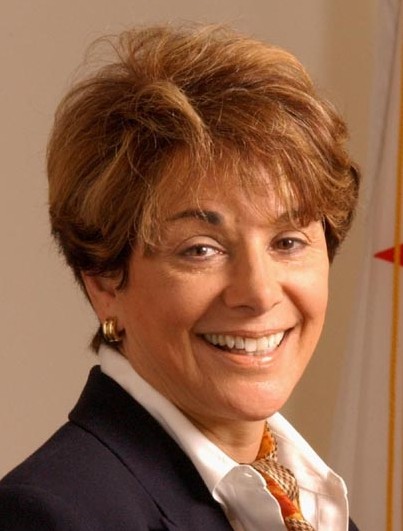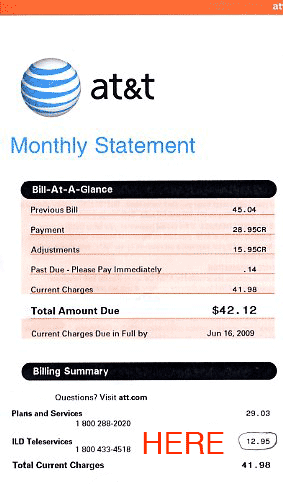 New language in a spending bill likely to pass would prohibit the Federal Communications Commission from spending any of its budget contemplating approval of LightSquared’s application to deliver a national 4G wireless network over frequencies detractors claim would hamper or block use of GPS signals.
New language in a spending bill likely to pass would prohibit the Federal Communications Commission from spending any of its budget contemplating approval of LightSquared’s application to deliver a national 4G wireless network over frequencies detractors claim would hamper or block use of GPS signals.
The language voted on in the House Appropriations Committee was approved by members of both political parties on a voice vote — another sign Congress is serious about stopping any provider from interfering with GPS technology. A combination of concerns from the U.S. military, civil aviation, law enforcement, and private industry got a full hearing in Washington last Thursday, as GPS users complained of grave risks LightSquared could cause to aircraft in flight and the general defense of the country.
Rep. Tom Petri (R-Wisc.), chairman of the Subcommittee on Aviation, was concerned GPS interference might even cause an in-flight emergency. “In aviation, there’s no room for error,” Petri said.
Last week, just prior to the hearing, LightSquared announced its intent to move the service further away from the GPS band, but industry groups remain resolute the proposed changes would be incremental and still pose an interference problem.
Congress’ vote would seem to indicate they agree, putting the entire LightSquared project in jeopardy.
This week, new questions are also being raised about the management of LightSquared. Critics charge the company knew about the interference issue years ago, and did little or nothing to mitigate it. Some suspect the company was banking on a lobbying effort and pressure from the White House with an interest of expanding broadband to help push through an approval despite the interference threat.
John Byrne from IDC’s wireless and mobile infrastructure research group told the Washington Post LightSquared is now faced with proving interference will not be a problem before it will win approval.
“At this point I think you have to assume that the deployment is on hold until those concerns are addressed to the satisfaction of the FCC and all of the congressmen and senators that are on the FCC on this issue,” Byrne said.


 Subscribe
Subscribe








